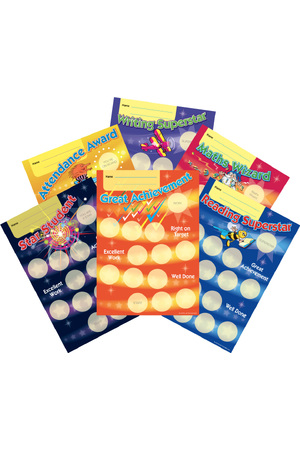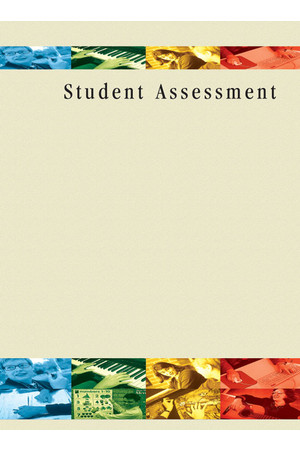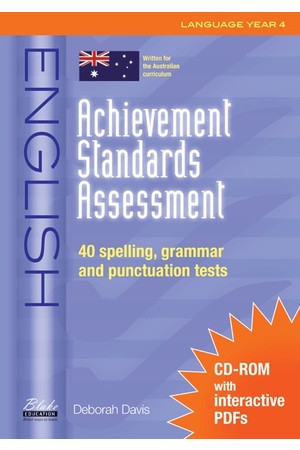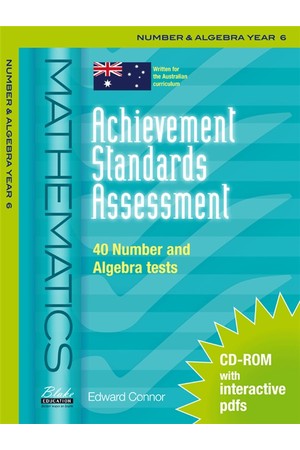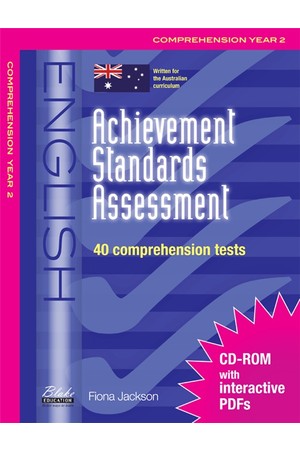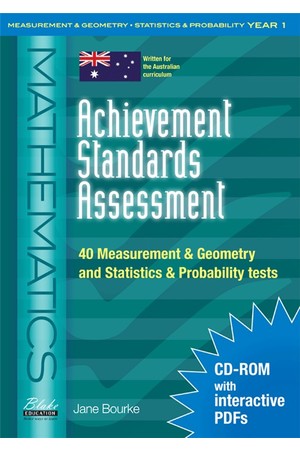Report writing tips for teachers

At Teacher Superstore we have all sorts of materials to help make your job easier. We are well aware of how difficult it can be to look after a class full of children, but we also know how rewarding it can be, too. One of the greatest benefits is seeing each of the children in the class grow and develop as the school year progresses. It’s up to you to track that progress and let the kids and their parents know how well they are doing. This is all done via a report card that is generally put together at different intervals throughout the school year. A report is really only useful if it is laid out in a way that everyone understands, so let’s take a look at how to do that.
Getting ready to prepare the report
Chances are you will have anywhere from 20-30 kids in your classroom, which makes keeping track of all their strengths and weaknesses a difficult task. You should put some time aside once a week or so to take notes about the performance and development of all the children in your class. It’s altogether too easy to forget small details that are important when you try and remember everything come report time.
Invest in a planner or journal where you can rake notes on what each of the children are doing. Keep a note of both their positive and negative traits. We are not necessarily talking about their overall behaviour here, but rather little things that they might do that may be holding them back. A good way to keep track of positive class performances is to use merit stickers when grading homework and tests. This will allow you to see which students are regularly excelling and which ones may need a little extra push.
Putting the report together
When it comes time to actually write up the report, there are some definite tips that you should follow. We will provide you with a few here, but you will also find plenty of amazing books and guides on the subject in our store. We recommend that you take a look at a couple to get an idea of how to put together your reports. That said, they should be considered a template of sorts. They will show you how to construct a report properly, but you want to always use your own “voice” when writing your comments.
The comments that you leave for each student are essentially the backbone of the entire report. This is where all the important information will be contained, which is why you need to keep it as simple as possible. One fantastic way to do that is to put forth a couple of different ideas per sentence. There should be a specific topic addressed in each sentence. The first part will present the topic, while the second part goes into a little more detail.
When we talk about sentences, we are talking short, snappy little blurbs of about 25 words or so. A common mistake that many teachers make is to try and pad the report with all kinds of information. Parents want a brief explanation of how their child is doing in your class. What they don’t want to have to do is read between the lines to try and get to the meat of the report. If you have several different subjects to talk about, break them up and have them clearly defined within the report. This just makes it easier for the parents to get the information you need.
Some things to avoid
We spoke earlier about writing in your own voice, and while that’s important, don’t do it in a way where you use terms and language that are foreign to everyone but you and others in the education field. All that will end up happening is that you will waste a ton of time answering calls and e-mails looking for clarification of the points you are trying to make in the report.
Striking the balance between giving too much information and not enough is tough. A common mistake made that does not give enough information is simply stating that a particular project was completed by a student. What you are doing is asking the parents to fill in the blanks when they read the report. Did the child complete the report to your satisfaction, did they excel, or was it completed in a way that was unacceptable? Again, you are leaving yourself open to answering questions that could have been easily avoided.
Be prepared to also show in the report how the student is doing in comparison to the standards that are expected. For example, a student may have picked up a number of awards and certificates in your classroom, but what are those based on. The evaluations delivered in the report should all be based on the standards expected in comparison to the educational standards of the state or country.
In conclusion
Becoming proficient in putting together reports is all about being organised. There are a number of ways that you can do that. As mentioned earlier, there are all kinds of helpful guides available here at Teacher Superstore, all of which contain valuable information for teachers at all school levels. Getting started early and taking notes throughout the year will also help. Leaving everything until the last minute and trying to remember every little detail of every kid in you class will just add stress to your job.
Finally, if you still find that you are struggling, talk to some of your fellow professionals. Seek out those who have plenty of teaching experience, and who have a real knack for doing the reports. They can help you get organised and show you how to best set up your reports so that everyone is on the same page. Many teachers stress when it comes time to do their student reports, but it doesn’t have to be that way if you follow the advice laid out above.
Related Products
Comments (1)
The real thing is...
By: Jane Christensen, Educator on 9 December 2016"They will show you how to construct a report properly, but you want to always use your own “voice” when writing your comments. The comments that you leave for each student are essentially the backbone of the entire report." ok, but let's imagine: as a teacher you have 20-30 students in your class. And it's good if you reviewing their works in time. So how? how you can find a time an energy to comment every work with unique words and in own style? As teachers we have to struggle to inculcate a desire them to write by their own without cheating, without help of writing services like big assignments etc. It would be nice to comment every work of every student, but it's unreal.
Leave a comment
Recent Blog Posts
- Boosting Your Child's Reading Skills: Easy Intervention Strategies
- Cultivate Growth Mindset: Nurturing the Power of Effort and Perseverance
- Gamify Learning: Ignite Engagement and Motivation with Interactive Games
- Top 10 Tips for Exploring Science at Home
- Enhance Your Child's Maths Skills with Teacher Superstore's Maths Resources: A Guide for Parents
- Integrate Technology: Transforming Classrooms with Digital Tools
- Homework Help 101: Effective Tips for Parents
- Use Formative Assessments: Guiding the Student Learning Journey Through Timely Feedback
- Creating a Positive Learning Environment at Home: Tips for Parents
- Embrace Project-Based Learning: Unleashing Student Potential in a Real-World Context
View All Posts
General
Help Topics
- Browsing and Buying
- Member Benefits
- Shipping and Delivery
- International Shipping
- Payment and Billing
- Returns Policy
Legal
View All Posts


